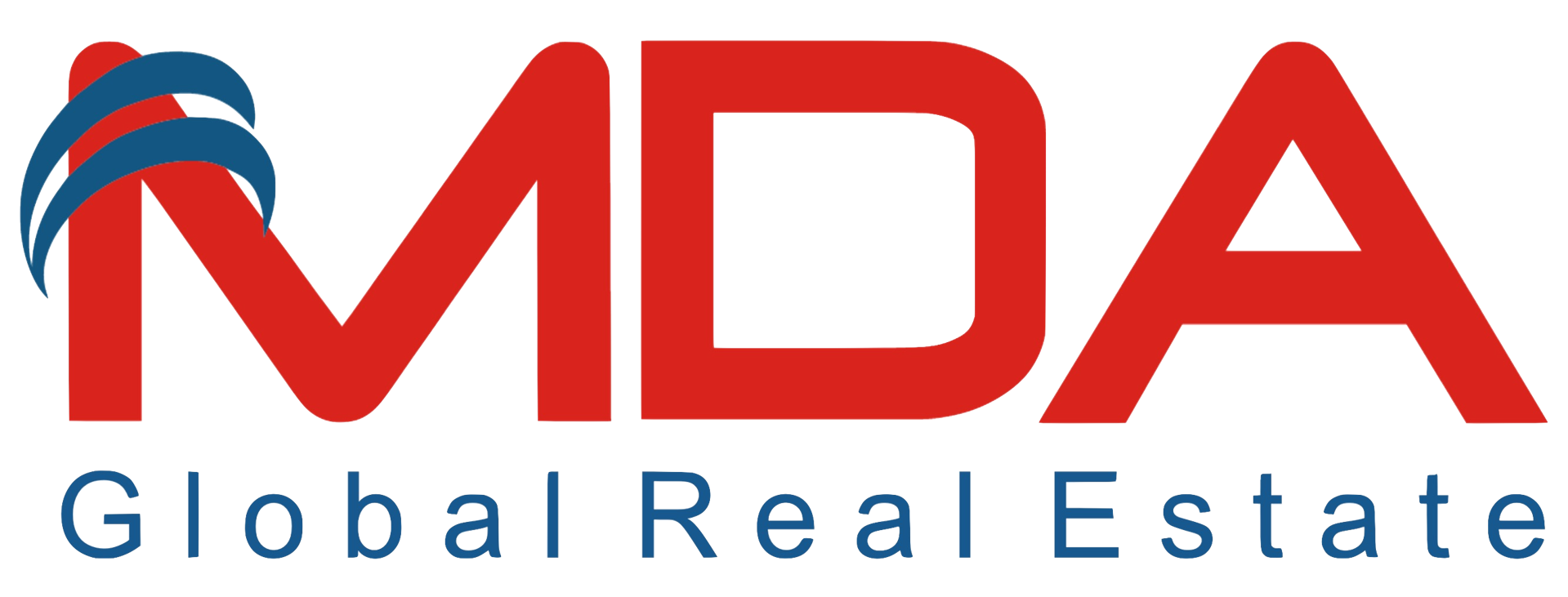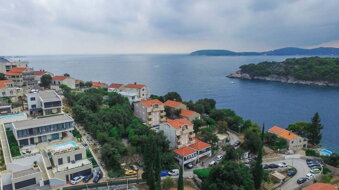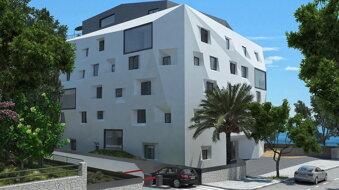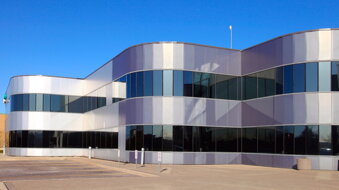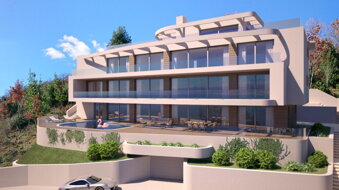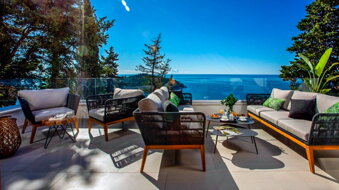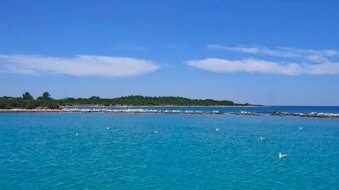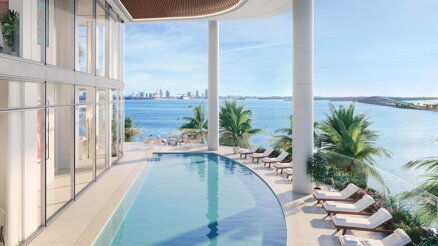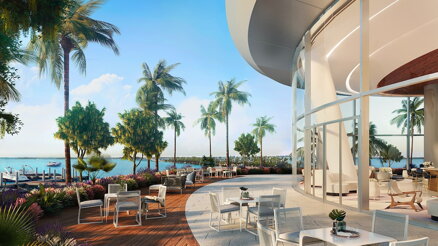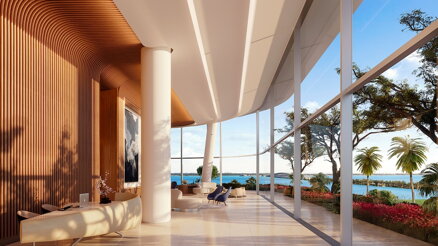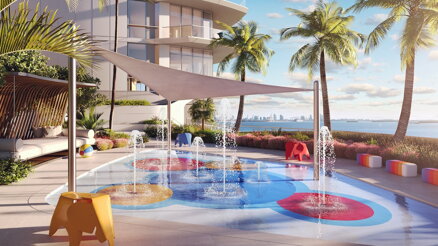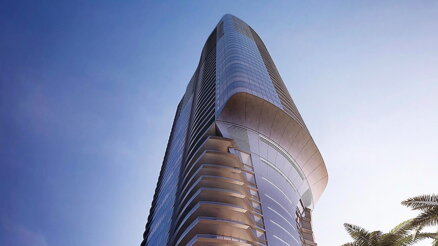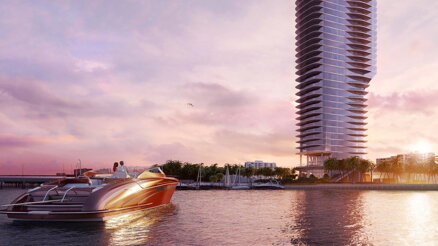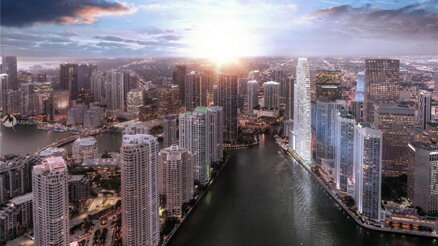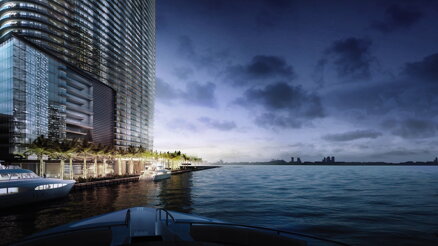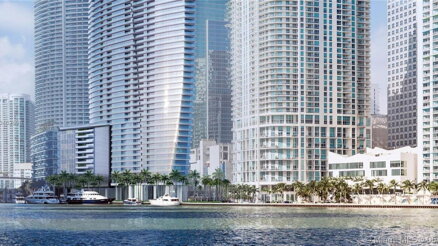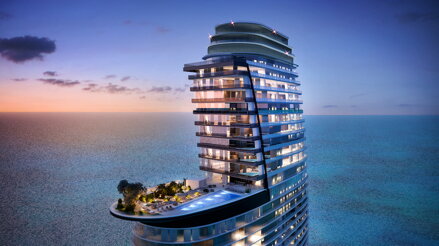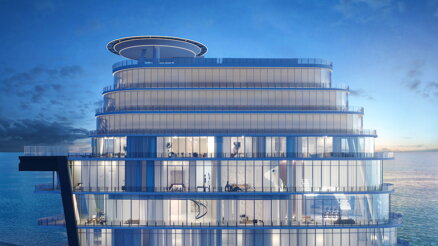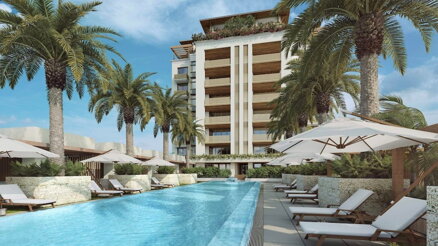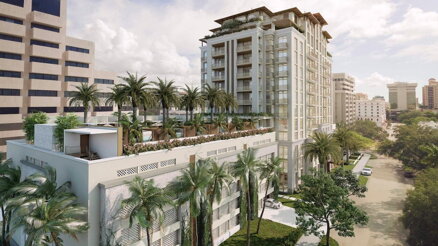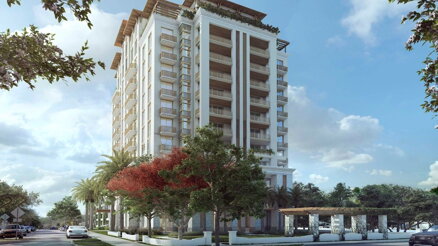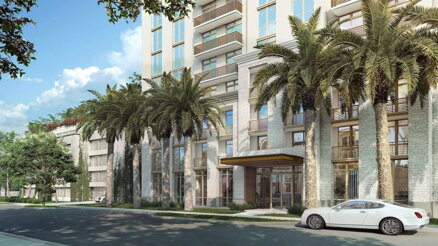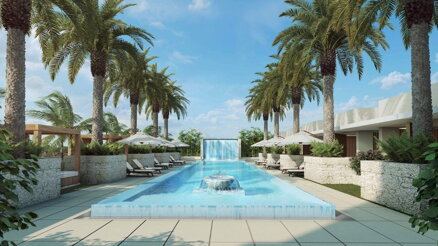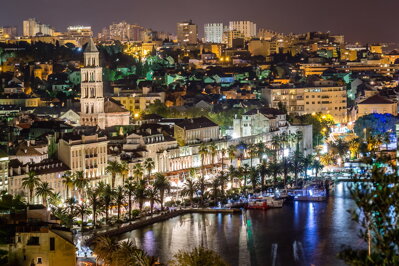Albania Real Estate Properties
Albania Real Estate Market
If you are considering moving to Albania, there are incredible places, where you can live, do business and work. Start exploring all homes and other properties in the Albania notable and top cities, including Tirana, Durrës and Vlorë, and Shkodër.
Buy or Rent your Dream Property in Albania
New Developments in Albania

Legal Representation
Our listed Albanian agents, realtors and developers are always here to assist our prospective international buyers, tenants and investors to satisfactorily meet their needs. We give our clients a full representation and bring them all the tools needed to get the best deals. Our primary priority is to make sure that your investment is protected under the Albanian and the European Union Laws. Having a legal structure in place will be beneficial in many ways: 1) Better Tax Optimisation, 2) Privacy and 3) Liability.
Total property care & services in Albania
![]()
Find an Agent in Albania
Browse through and find the right real estate Agent in your preferred area in Albania.
![]()
Find a Landlord in Albania
Browse through and find the right Landlord in your preferred area in Albania.
![]()
Find a Property Manager
Browse in and find the right Property Manager in your area in Albania.
![]()
Find a Property Care Company
Browse in and find the right Property Care Company in your area in Albania.
![]()
Find an Insurance Company
Browse in and find the right Insurance Company in your area in Albania.
Property purchase and acquisition process in Albania

Investing in Albania
Investing in Albanian real estate can be a promising venture for foreigners, with competitive property prices and high potential for returns. Albania's growing economy, strategic location, and increasing tourism are attracting both investors and residents. Foreigners can freely buy property, including apartments, villas, and commercial real estate, with minimal restrictions.

Before Purchasing a Property
In order to have a clear definition of your project and meet your goal, it is necessary to process as follow:
1. DEFINITION OF YOUR OBJECTIVES
Before any process or research, it is necessary to define tangible objectives for your future investment: a rental profitability or an appreciation of your property, etc. We help on market specifics.
2. BUDGETING
After Defining your budget, our team in Croatia will make available all the best properties that meet budget and your goal.
3. INVESTMENT STRUCTURE
Registration of your company within 72 hrs. until ID Tax number id provided by the Croatian tax authorities.
4. BANK ACCOUNT
Following the creation of your company, the next most important step is to open a bank account for all the transactions related to your investment: rent payments, property tax payments, etc. The opening of your account can be carried out remotely by our Croatian team on presentation of your credentials and registration of your company in Croatia. You will have access to an online bank and will be the sole owner and manager of your account.
Purchasing a Property
Besides the definition of your project and the creation of your company, our Miami Team will support you in the research, negotiation and acquisition of your real estate property.
1. PROPERTY RESEARCH: Introductory market study will help outline your research and target opportunities on properties. Click below to see our listing.
2. VISIT OF PROPERTY: Our Team will also help you to schedule your stay in Croatia in order to select the most appropriate property before drafting an offer.
3. OFFER AND DRAFT PURCHASE CONTRACT: After final acceptance, the Purchase Agreement is written according to the laws of Croatia and EU. A deposit of 10% of the amount is required at the signing of the contract. It will be blocked on the Escrow Account of the Title Company in charge of necessary investigations.
4. SIGNATURE AND “CLOSING DISCLOSURE: After due process, Contract is signed and the balance and other fee such as the Agency and Notary Fees shall be paid.

Albania Real Estate Market
The Real Estate market in Albania is expected to reach a value of US$94.44bn in 2025.It widely dominated by the residential segment, with a projected market volume of US$82.45bn in the same year. The market is expected to experience an annual growth rate of 6.00% from 2025 to 2029, resulting in a market volume of US$119.21bn by the end of 2029. When compared to other countries, Albania is considered to be the second largest real estate market behind the United States with an estimated value of US$136.6tn in 2025. The real estate market in Albania is experiencing a surge in demand for residential properties, driven by an increasing number of foreign investors attracted to the country's affordable prices and potential for high returns.
Albania in Numbers
Key indicators - 2025
We drive your investment leads and add value to your wealth. For us, your property means your wealth. Get the best solutions on mdaglobalrealestate.com platform that stimulate your economic growth. Croatia is a great investment destination.
-

Land Area 28,748 Km²
-
Population (2025) 2.77 million
-

Global Safety Ranking 68 (index 55.8)
-
Overnight Stays 5.57 milion
-
Foreign Tourists 15.00 millions
-
Domestic Tourists 2,99 million
-

FDI € 362 million
-

Foreign Companies 541
-
GDP (Nominal) €24,834.73 (US$ 29,239)
FREQUENTLY ASKED QUESTIONS
Who can buy a property in Albania?
Albania, both Albanian citizens and foreigners can generally buy residential and commercial properties with minimal restrictions. However, buying land, particularly agricultural land, may have different regulations. Establishing a local company or exploring long-term leasing can be alternative options for land acquisition.
Foreigners are allowed to purchase residential properties like apartments and houses, as well as commercial properties.
NOTES
- No restrictions on buying. Foreigners generally face the same legal rights and privileges as local residents when buying property.
- Land ownership restrictions. While foreigners can buy property, direct ownership of agricultural land is generally not permitted. However, this can be overcome by setting up a local company or through long-term leases.
- Co-ownership. Co-ownership of property is allowed, with an agreement needed between the co-owners.
Do you need a resident permit to a property in Albania?
No, you do not need a residence permit to buy property in Albania.
What are the steps for buying a property in Albania?
Like in any other country, the main Six (6) steps for buying a property in Albania are:
- Find a property. You can work with a real estate agency or search independently.
- Legal due diligence. It's crucial to verify ownership history, title deeds, and check for any liens or encumbrances.
- Sales contract and notarization. A notary must be present during the signing of the sales contract to ensure it's legally recognized.
- Registration. The property must be registered with the National Agency of Cadastre and Registration.
- Payment. Buyers are responsible for notary fees, property registration fees, and property transfer tax.
- Ongoing costs. Property taxes, utility bills, maintenance fees, and management fees (if applicable) will be ongoing expenses.
Property tax in Albania?
If you own a property in Albania, you'll pay real estate tax based on the value of your building each year.
-
- For new construction in Tirana, you'll pay a property tax of 2% to 4%.
- Outside of Tirana, you'll pay a property tax between 1% and 3%.
Property tax rates for buildings range depending on the square meters..
Purchase and acquisition process?
1) When buying a property in Albania, To purchase a property in Albania, you will need personal documents (e.g. passport for foreigners and Identity Card for Albanian citizens, Certificate of Registered with Tax Identification Number for Businesses), Reservation Agreement and a purchase contract. It is also recommended to have a lawyer to help you with the administrative processes (if the buyer and seller agree on it), but if not, they can directly sign the Purchase Contract. However, if a Reservation Agreement is signed, the Buyer is usually expected to make a down payment of 10%-15% of the property selling price. The Reservation Agreement is always provided with all necessary terms and conditions as the main contact. Therfore, by signing it becomes fully binding and the property is reserved for the buyer for the agreed time period, whitin which all the agreed terms and conditions provided in point 2) below shall be resolved and met. After that, the main contract can be signed.
2) Before signature of the Agreements (i.e. Reservation Agreement and Purchase Agreement), the following necessary documents shall be provided, cross-checked and autentified and included attached in the Agreements:
-
- Purchase Agreement of the property
- Proof of Ownership of the Property (Seller)
- Confirmation that the property is within the construction zone envisaged by the zoning plan
- Proof of citizenship of the Buyer
- Proof of citizenship of the Seller
3) Both Reseravation Agreement and Purchase Agreement is then prepared and drafted by an MDAGRE's lawyer at no cost for the parties to sign, deal and notaorised by an Albanian notary office. An official note of the contract should be made in the Land Registry. After fool payment, the contract needs to be registered in the Municipal Cadastral Department´s Land for the change of ownership in the Buyer's Name.
How long does the process of buying a new home take?
What are the financing options for purchasing a property in Albania?
Is it possible to skip the Reservation Agreement?
What is the Notary Office?
Financial Transfer?
What is an escrow service?
How to open a Bank Account in Croatia?
For opening a bank account in Croatia, you will need your passport to prove your identity and OIB number that every person in Croatia must have (Personal identity tax number), which your solicitor process for you at local Tax Administration Office. Maybe the best way is that you open a banka account (EUR curremcy, which is Croatian national currncy) to locally handle the transfer of payments for the property transaction, which you will need for your local operations expenses once the transaction has completed. Payment shall be made in EUR currency.
What is the Corporate Income Tax (CIT) in Albania?
Businesses benefit from Albania's competitive 15% corporate tax rate, one of the lowest in the region, along with a 0% tax rate on profits under €140.000, making it a great destination for startups and small-to-medium enterprises (SMEs).
Is it safe to invest in Albania?
Albania is has one of the fastest growing real estate market and is generally as considered a safe investment destination. We have vetted all the developers in the Albanian real estate market. In fact, Albania is an upper middle-income country with a gross domestic product (GDP) of US$ 24 billion (2023 International Monetary Fund (IMF) estimate) and an estimated population of 2.77 million as of 2025. Albania joined the North Atlantic Treaty Organization (NATO) in 2009 and has been a member of the World Trade Organization (WTO) since 2000. The country began accession negotiations with the European Union (EU) in July 2022. The screening process was completed in 2023 and Albania is waiting to negotiate respective chapters.
Despite the resilience the Albanian economy has demonstrated, its economic development remains vulnerable to widespread corruption, distorted competition, and continued labour shortages. Albania also has a large informal sector.
Albania's legal framework is in line with international standards in protecting and encouraging foreign investments and does not discriminate against foreign investors. The Law on Strategic Investments approved in 2015, with the objective to promote both domestic and foreign investments in strategic sectors, did not attract significant foreign investments even though the law's deadline has been extended several times since its original December 2018 deadline. The law expired in December 2023 and the parliament extended its term until December 2024. The majority of approximately 60 approved projects focus on the tourism sector and are dominated by domestic investors.
The U.S.-Albanian Bilateral Investment Treaty, which entered into force in 1998, ensures that U.S. investors receive national treatment and most-favored-nation (MFN) treatment. Albania and the United States signed a Memorandum of Economic Cooperation in October 2020 to increase trade and investment between the two countries.
As a developing country, Albania offers large untapped potential for foreign investments across many sectors including energy, tourism, healthcare, agriculture, oil and mining, and information and communications technology (ICT). In the last decade, Albania has attracted greater levels of foreign direct investment (FDI). According to United Nations Conference on Trade and Development (UNCTAD) data, during 2018-2022, the flow of FDI has averaged USD 1.27 billion and stock FDI at the end of 2022 reached USD 11.4 billion, which is 50 percent higher than in 2018. According to preliminary data of the Bank of Albania, the FDI flow in 2023 reached almost USD 1.6 billion while stock FDI exceeded USD 14 billion. Investments are concentrated in real estate (22 percent of 2023 flows), extractive industries (18 percent), banking and insurance (16 percent), and the energy sector (11 percent.) Switzerland, the Netherlands, Canada, Italy, Turkey, and Austria, are the largest sources of FDI. Stock FDI from the United States accounts for a small but growing share: At the end of 2023, the United States' stock FDI in Albania, according to the Bank of Albania, reached USD 300 million, up from USD 100 million at the end of 2020 (GOA data.)
Albania has broad economic potential, a sound legal framework, and has progressed in limiting petty corruption by digitalizing public services for both citizens and businesses. However, foreign investors perceive Albania as a difficult place to do business. They cite corruption, including in the public sector, the judiciary, public procurements, unfair and distorted competition, large informal economy, money laundering, frequent changes to fiscal legislation, and weak enforcement of contracts as continuing challenges for investment and business in Albania. The emigration of young, skilled labour has created labour shortages that affect investment prospects. Albania continues to score poorly on Transparency International's Corruption Perception Index. In 2023, Albania ranked 98 out of 180 countries, a slight improvement from 2022 but still lagging behind its best ranking of 2016, when it ranked 83rd out of 176 economies.
What are the costs associated with buying a property?
In addition to the price of the property, you will also pay notary fees and any legal fees.
What are the main advantages of buying a new property over an older property?
As provided below, new property are usually provided with modern design, higher energy efficiency and lower maintenance costs. They also offer mordern amenities and the potential for custimisation to your own taste with the latest technologies, such as a smart home system. Other advantages also include the followings:
-
- Lower Maintenance Costs. New properties typically require less maintenance and fewer repairs in the initial years due to everything being brand new.
- Energy Efficiency. Modern construction techniques and materials in new builds result in better insulation, energy-efficient appliances, and lower utility bills.
- Modern Design and Amenities. New properties often feature contemporary designs, open floor plans, and modern amenities that appeal to many buyers.
- Customization Options. Buyers may have the opportunity to customize certain features, finishes, or layouts before completion.
- Warranty Protection. New builds usually come with a builder's warranty, offering protection against defects and repairs for a set period.
- Adherence to Building Codes. New properties are built to the latest building codes, ensuring safety and quality standards are met.
- Fewer Initial Repairs. You're less likely to encounter immediate issues like plumbing problems, electrical faults, or structural issues that are common in older homes.
- Potential for Capital Growth. New properties in developing areas can experience significant capital appreciation as the area matures.
- Modern Features. Newer properties often include modern conveniences like smart home technology and updated appliances.
- Less Risk of Surprise Costs. You're less likely to encounter unexpected major repairs or renovations that can be common with older homes.
- Potential for Higher Rental Income. Modern amenities and features can attract higher rental rates, potentially increasing your investment returns.
- Tax Benefits. Depending on the location and regulations, you might be eligible for certain tax benefits when investing in a new property.

